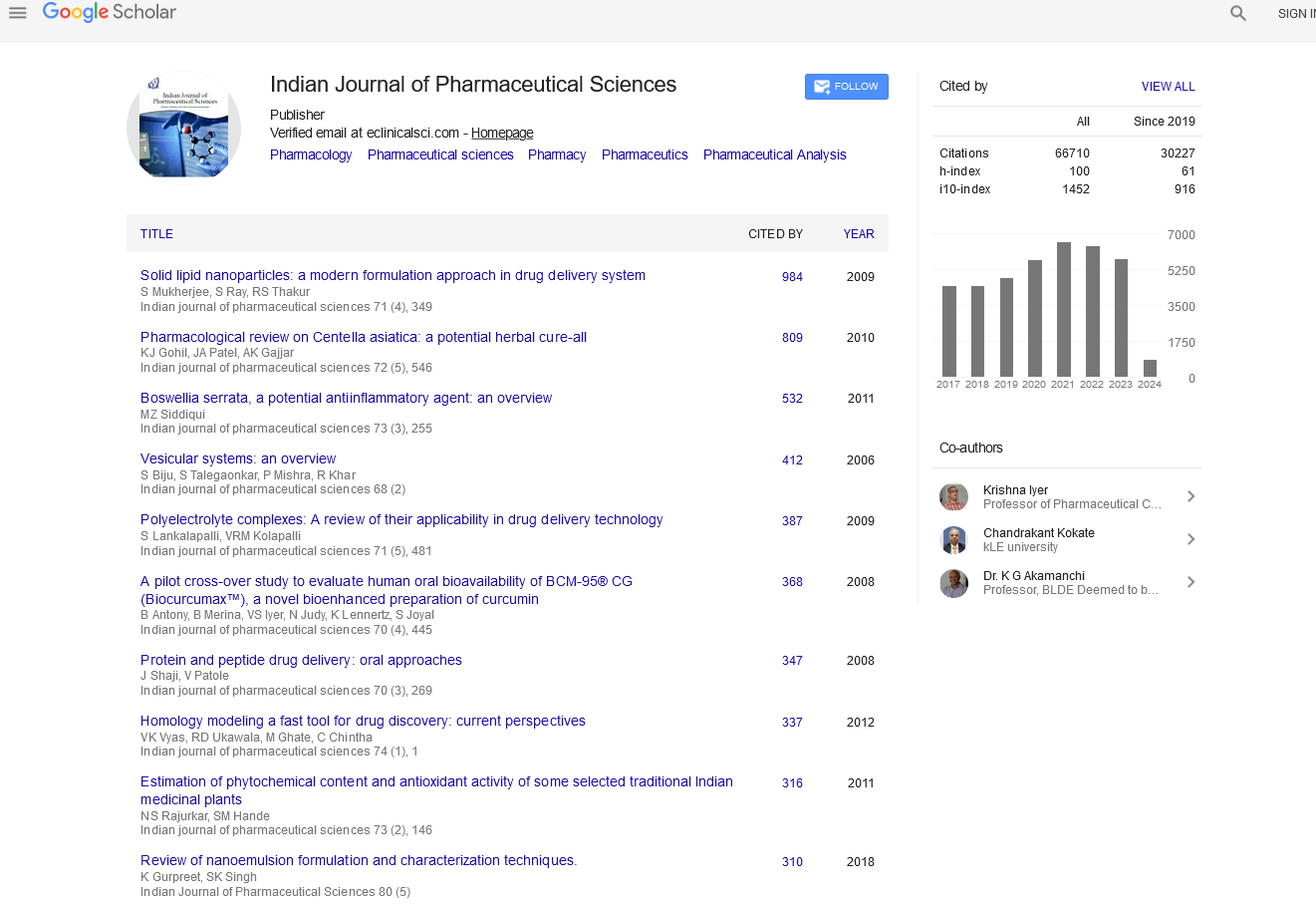Abstract
Inhibitory effect of curcumin on the contractility of isolated caprine detrusor muscle
Department of Pharmacology and Clinical Pharmacology, Christian Medical College, Vellore-632 002, India
Correspondence Address:
Kalpana Ernest Department of Pharmacology and Clinical Pharmacology, Christian Medical College, Vellore-632 002 India E-mail: drkalpanacmc@yahoo.co.in
Curcumin is a naturally occurring compound which has been used in traditional medicine in India for a long time. This study investigated the ability of curcumin to inhibit the contractility of isolated caprine (goat) detrusor muscle. The ability of three concentrations of curcumin (30, 100 and 300 µM) to inhibit the 100 µM acetylcholine-induced contractility of the isolated caprine urinary bladder detrusor muscle was investigated. The effect of raising the concentration of acetylcholine from 100, 200 and 400 µM to overcome the curcumin-induced inhibition of detrusor contractility and the effects of the reversal agents tetraethylammonium, a potassium channel blocker (100 µM), glibenclamide, an ATP-sensitive potassium channel blocker (10 µM), and propranolol, a beta adrenergic receptor blocker (1 µM), on the inhibitory effect of detrusor contractility was also studied. Curcumin caused a concentration-dependent inhibition of acetylcholine-induced contractility of the isolated detrusor muscle which was statistically significant at all three concentrations of curcumin used. This inhibition was partially overcome by raising the concentration of ACh to 200 and 400 µM. The inhibition was overcome by the concurrent administration of tetraethylammonium. Glibenclamide reversed the inhibitory effect of 100 µM curcumin, but not that of 300 µM curcumin. Propranolol reversed the inhibitory effect of 100 µM curcumin but not that of 300 µM curcumin. These results suggest that curcumin inhibited the contractions of the isolated detrusor muscle. The results further suggest that the inhibitory effect is mediated by various mechanisms: stimulation of beta adrenergic receptors; an anticholinergic effect; and the opening of ATP-sensitive potassium channels.





